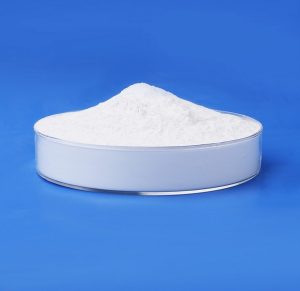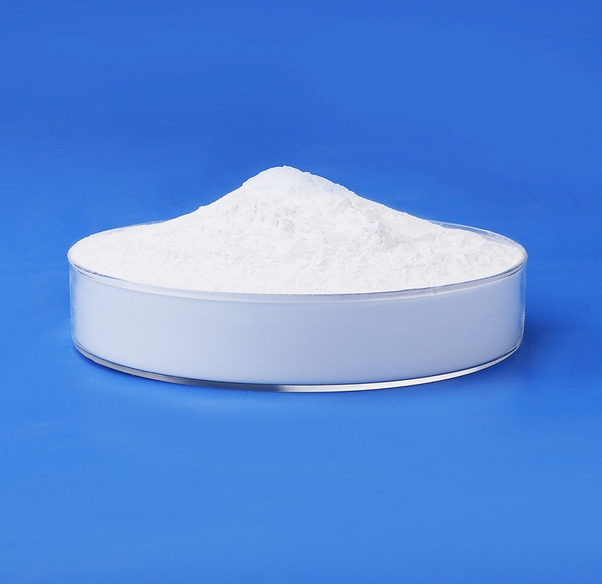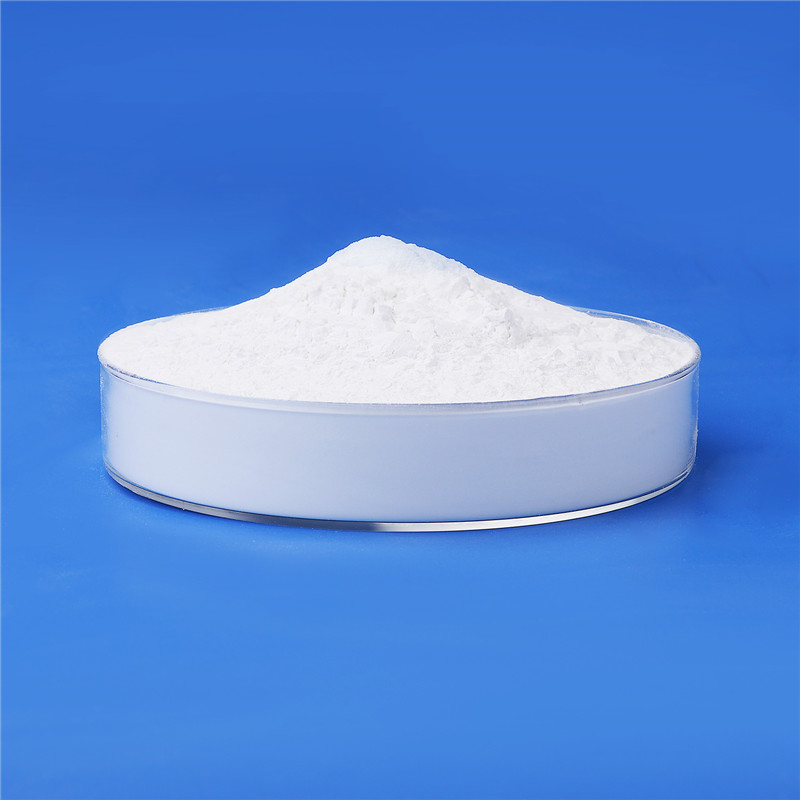Polymer deodorizing agents are specialized additives designed to eliminate or reduce unpleasant odors emitted by polymer materials during production, processing, or end-use. As polymers like plastics, rubbers, and composites find widespread use in daily products—from food packaging to automotive parts—controlling their inherent or residual odors has become critical for consumer acceptance and regulatory compliance.
These agents operate through two primary mechanisms: physical adsorption and chemical neutralization. Physical deodorizers, often based on porous materials like activated carbon, zeolites, or cyclodextrins, trap odor molecules within their microscopic pores, preventing their release into the air. Chemical deodorizers, such as organic amines or metal oxides, react with odor-causing compounds (e.g., volatile organic compounds, sulfur-containing gases) to form non-volatile, odorless byproducts, permanently neutralizing the source of the smell.
The choice of deodorizing agent depends on the polymer type and odor characteristics. For instance, zeolite-based agents excel in absorbing polar odors in polyolefins, while metal oxide composites are effective against sulfurous smells in rubber products. Modern formulations often combine both mechanisms to tackle complex odor profiles, ensuring broad-spectrum efficiency.
Applications span diverse industries. In food contact plastics, food-grade deodorizers eliminate residual monomer smells without compromising safety. Automotive interiors use these agents to reduce off-gassing from vinyl or polyurethane components, enhancing cabin air quality. In construction materials like PVC pipes or insulation foams, they mitigate odors during installation and long-term use.
Key advantages include compatibility with polymer processing conditions (e.g., high temperatures during extrusion), minimal impact on material properties (such as tensile strength or flexibility), and long-lasting performance. Recent advancements focus on eco-friendly formulations, using biodegradable carriers or renewable adsorbents, aligning with global sustainability trends.
As consumer demand for low-odor, high-quality polymer products grows, the development of efficient, versatile deodorizing agents continues to drive innovation, bridging material functionality with environmental and user comfort.



